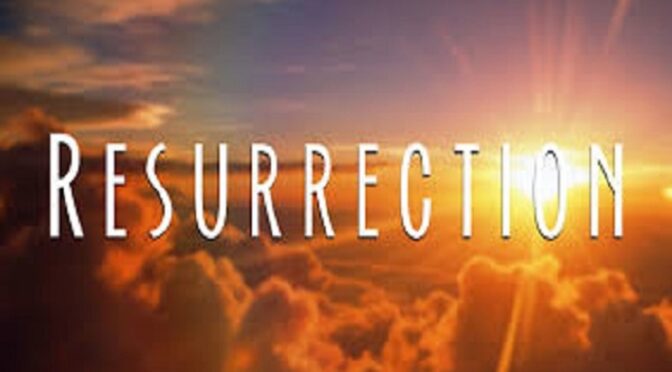Contents
Plotting to trap Jesus
Following Luke’s presentation, Jesus has made his ingress into the of Jerusalem. And in Luke 19:45–48, Jesus performed his first activity in Jerusalem. Luke notes that as soon as Jesus entered the Temple courts, he drove out those who turned the house of God into a market arena. After that, he taught the people in the Temple on daily basis. Instead of listening to his teachings, the chief priests, the teachers of law and the leaders of the people were serious looking for a way to accuse and kill him. At the beginning of the twentieth chapter, Luke observes that as Jesus was busy teaching the people in the temple, the same chief priests, the scribes and the elders who have been looking for some reason to kill him, questions his authority for driving out those buying and selling in the temple and for teaching in the temple. As usual, Jesus mesmerizes them and silenced them, making them look more stupid (cf. Luke 20:1–8). After such calculated distraction, Jesus continued with his teaching, this time with a parable of the vineyard and the tenants. The conclusion of this parable is that the Jewish authority wanted to arrest Jesus because they perceived the parable was against and about them. As usual and as evil people, they were afraid of the people (cf. Luke 20:9–19). Given the failure of their plan A, the chief priests, the scribes and the elders, now resorted to plan B. This time, they decided to send spies. After exposing their trick, Jesus saw through their duplicity and silenced them too, making them look stupid and foolish as those who sent them (cf. Luke 20:20–26).
Concerning Resurrection
Whatever their intention was, the Sadducees’ interrogation offers us the opportunity to reflect more on the issue of life after death. Often, we are faced with the dilemma of whether there is another life after our earthly existence, or whether physical death means end of life. The three readings of this Sunday have one theme in common – resurrection and the hope of resurrection. According to the Catechism of the Catholic Church, death is only but the termination of earthly life (cf. n. 1007). For the same Catechism, bodily death “is a participation in the death of the Lord, so that they can also share his resurrection” (n. 1006). However, such participation and sharing is only for those who die in the grace of Christ.
Conclusion
Due to their worldliness, the Pharisees could not distinguish between the ephemeral and the eternal. Talking of whose wife will the woman be on the resurrection day means the Sadducees understood nothing about the resurrection from the dead. The earthly style of life is completely different from the eschatological life. Just like the Pharisees, this Gospel is meant to call most of us back. Often, we live and behave as if we created and own life and the world. But I think it is better to believe there is another life after the earthly existence, than to believe and behave as if there is none, only to discover after death that there is. In that case, you are swindled and the only thing one can do for you is to pity you. Call unto the Lord while you still have time!
FOR DETAILS, GET YOUR OWN COPIES OF THE BOOK “THE WORD OF LIFE:
SUNDAY REFLECTIONS” (vols. I‑II-III)!! The reflection for the 32nd Sunday is found in The Word of Life, vol. III, pages 612–621. Happy reading!
For details on how to get it, contact the author on this link: https://m.me/uchennabiblia?fbclid=IwAR2yeg4a6sDGBp9QGkIvKj6FSADumMokN6lshdE0zuo-JHs6qOmlhA7jyHo
or email me at: postmaster@uchennabiblia.com
or simply send an SMS on 08116100926, and I will get back to you.

